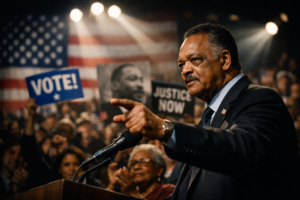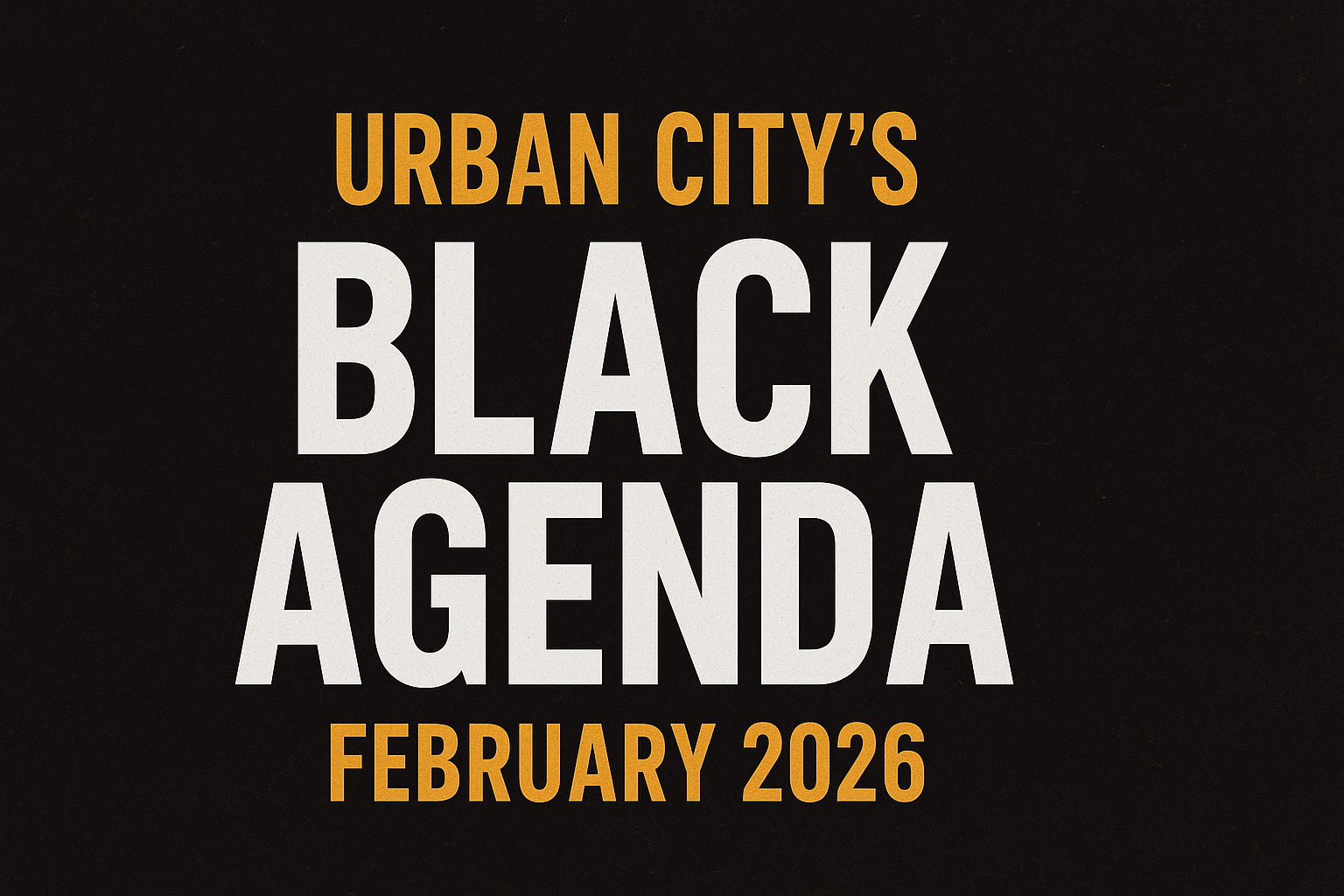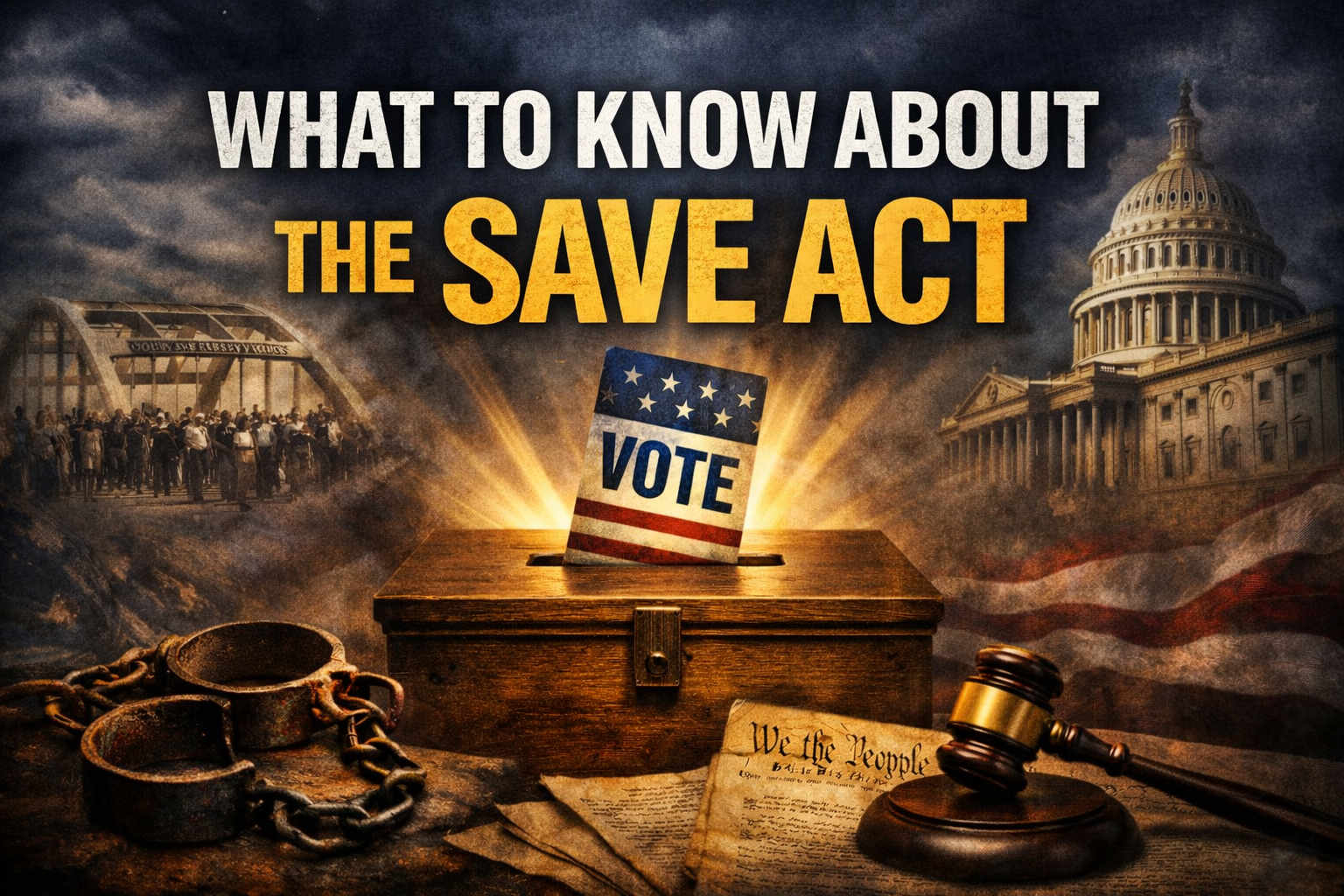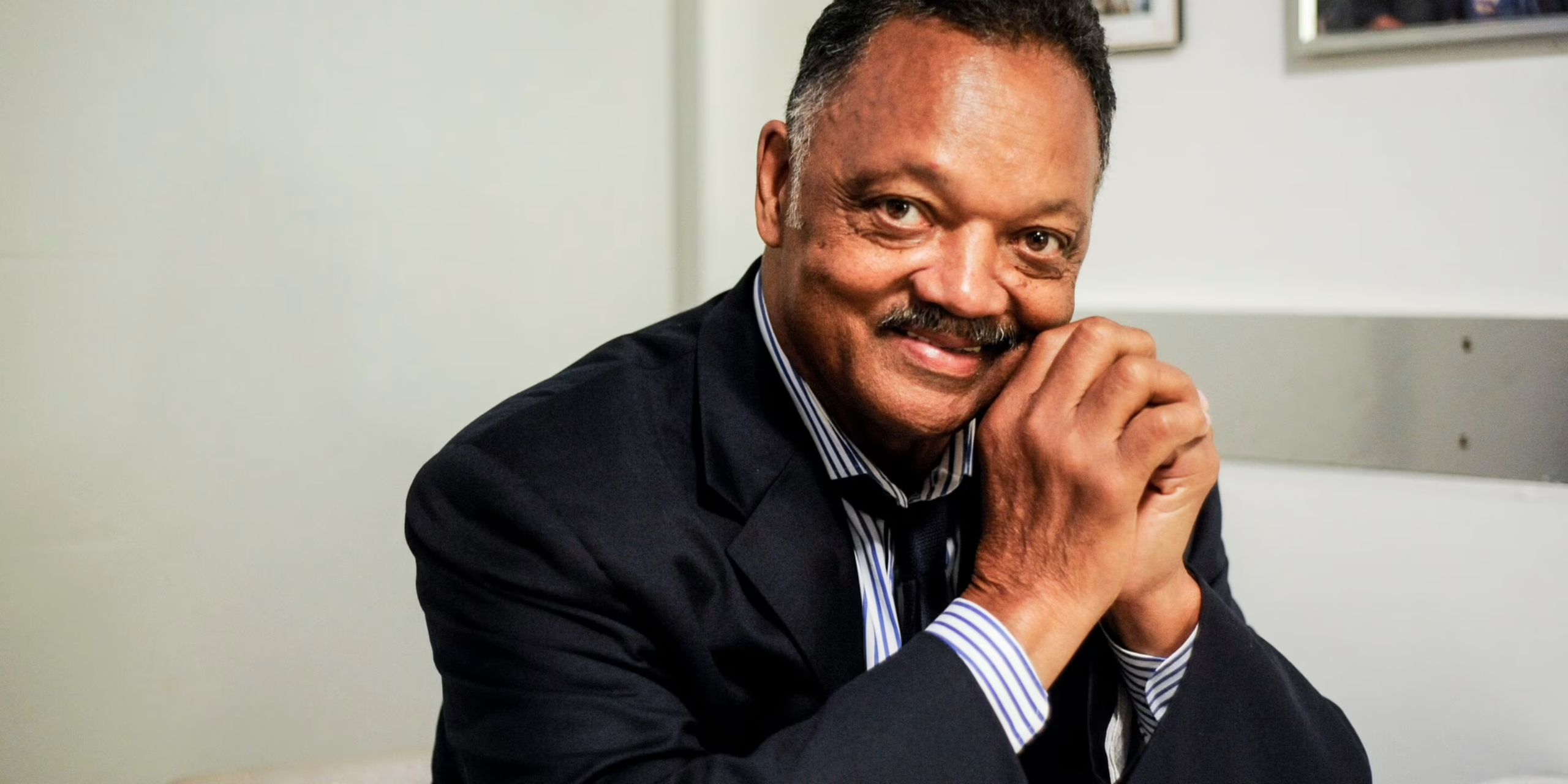Major Takeaways
The indictment outlines a wide-ranging fraud scheme that could put Rep. Sheila Cherfilus-McCormick behind bars for decades if convicted.
Federal prosecutors allege misused funds, falsified documents, and intentional deception tied to campaign and business practices.
The case carries major political shockwaves, raising questions about oversight, campaign finance loopholes, and accountability in Congress.
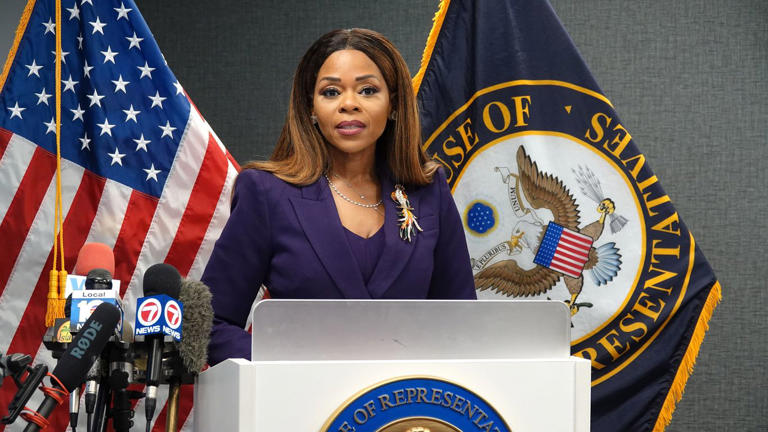
Stunning Revelations in the Cherfilus-McCormick Indictment That Could Land Her In Up To 53 Years In Prison
The political world just took a hard jolt as Democratic Congresswoman Sheila Cherfilus McCormick of Florida faces a sweeping federal indictment that could put her behind bars for more than half a century. The charges are serious, the stakes are high, and the details are downright explosive. What we’re dealing with here isn’t a small technical glitch or accidental bookkeeping mix up. This is a full blown federal case centered on allegations of stolen disaster relief funds, illegal campaign financing, and false tax filings. Let’s walk through the story from top to bottom, breaking down what happened, why it matters, and what comes next.
The Core Allegations
Federal prosecutors accuse Sheila Cherfilus McCormick of orchestrating a scheme that began during the height of the COVID emergency. Her family owned healthcare company allegedly received a large overpayment — roughly five million dollars — through a government contract. Instead of returning the money, prosecutors say the funds were quietly shifted, rerouted, and eventually used in part to pump up her congressional campaign through illegal contributions. The government’s position is blunt. They say the money wasn’t hers. They say it belonged to U. S. taxpayers. And they say she and several others knowingly diverted it for personal and political benefit. On top of that, investigators claim she worked with a tax preparer to file returns that misclassified political spending, inflated charitable donations, and wrote off certain costs that had nothing to do with business operations. Multiple layers of alleged financial misconduct stack up into the fifty three year maximum sentence she faces.
Background on Cherfilus McCormick
Sheila Cherfilus McCormick represents Florida’s 20th Congressional District, a majority Black district across Broward and Palm Beach counties. She entered Congress through a special election in early 2022 after the passing of Representative Alcee Hastings. Before stepping into public office, she served as CEO of Trinity Health Care Services, the company now at the center of the indictment. Trinity provided in home care and, during the pandemic, participated in staffing for vaccination programs. The federal government argues that this is where the overpayment originated. Her personal income jumped dramatically in 2021, raising eyebrows well before the indictment. That spike triggered a House Ethics Committee investigation which was already underway when federal charges emerged.
The Five Million Dollar Question
According to federal prosecutors, Trinity Health Care Services received a payment that far exceeded the company’s typical revenue. The government contends that the payment was improper and should have been corrected immediately. Instead, they claim it was quietly moved between accounts. A substantial amount of that money allegedly found its way into the congresswoman’s campaign treasury through a planned network of intermediaries who took reimbursements behind the scenes. This alleged setup resembles a classic straw donor scheme — using other people’s names to push more money into a campaign than the law allows. Straw donor schemes undermine campaign finance laws and give campaigns an artificial appearance of broad community support. Investigators also say that remaining funds were used for unrelated personal expenses or improperly classified business costs.
The Tax Component
The indictment doesn’t stop at campaign violations. Federal investigators uncovered what they say are false tax filings prepared by the congresswoman and her tax preparer. These claims include mislabeling political spending as business expenses, inflating charitable contributions, and reporting deductions that never should have been claimed. Federal tax charges are notoriously difficult for defendants to beat because they rely on documented filings, paper trails, and bank records. In many public corruption cases, tax violations become the most direct and easily proven part of the entire indictment.
The Co Defendants
She is not facing this legal fight alone. Her brother, Edwin Cherfilus, is also charged and faces decades in prison if convicted. Another individual connected to the company’s financial structure faces charges as well. The tax preparer, who allegedly helped with misreporting income and deductions, is also included. When multiple defendants are involved, prosecutors often anticipate that one may choose to cooperate or negotiate to reduce their exposure. Whether that will happen in this case remains to be seen.
What She Says
Despite the seriousness of the charges, she remains legally innocent until proven guilty. While she has not released a detailed point by point rebuttal to the indictment, her public posture over the past year has been consistent. She has long argued that her company operated within the law, that her political campaign followed required regulations, and that the investigations targeting her are politically motivated. Expect her attorneys to argue that the contract payment was legitimate, that the company provided real services, and that any questionable accounting or routing of funds was accidental or routine rather than intentional. Intent is going to be the heart of this court battle.
Political Fallout
The political impact is already in motion. Members of Congress have begun calling for disciplinary action ranging from censure to outright removal from positions. The House Ethics Committee now has both a criminal indictment and its own ongoing inquiry to consider. Constituents in Florida’s 20th District face uncertainty. A representative battling severe federal charges may have difficulty advocating effectively, securing resources, or maintaining influence in Washington. Some community members may argue for patience and due process, while others may demand immediate resignation. This tension is likely to intensify.
Implications for the Democratic Party
The timing is politically inconvenient. Her indictment gives opponents — particularly Republicans — a direct line of attack, portraying her case as a symbol of broader ethical issues within Democratic leadership. Behind closed doors, strategists will be evaluating whether the party will support her, distance itself, or encourage a primary challenger to contain the political fallout. The national narrative of corruption, even if unproven, can disrupt messaging, weaken public trust, and affect voter turnout.
The Larger Story: Disaster Aid Oversight
Beyond politics, the indictment shines a bright light on pandemic era spending. Billions of federal dollars moved rapidly through state and local systems during COVID. Oversight was stretched thin, and mistakes were practically guaranteed. Regardless of her guilt or innocence, this case will likely spark renewed attention on how emergency funds were allocated, how contractors were selected, and whether safeguards were strong enough to prevent fraud or major errors. This case may become one of several testing the long term integrity of pandemic relief systems.
What Happens Next
Several steps will unfold over the coming months. She will undergo arraignment and enter a plea. Judges will determine bond conditions. Her legal team will file motions challenging the charges, the evidence, or procedural issues. Both sides will enter the discovery process where financial records, emails, banking documents, and communications become central. Depending on the evidence, plea negotiations may arise. The House may take additional disciplinary action, and public debate will intensify as more details become visible.
Why This Case Matters
This case hits at three sensitive pressure points in America. First, trust in elected officials. When disaster relief funds are allegedly siphoned toward a political campaign, it undercuts public confidence in government institutions. Second, campaign finance integrity. Straw donor schemes are considered among the clearest and most intentional forms of political manipulation. Third, stewardship of taxpayer dollars. COVID relief funds were designed to stabilize communities during a crisis. Any misdirection of that money resonates painfully with the public. Whether she is acquitted or convicted, the case will influence ongoing debates about government accountability, campaign finance reform, and how public funds should be managed in crisis situations.
Bottom Line
Congresswoman Sheila Cherfilus McCormick is now facing one of the largest legal and political battles of her career. The charges are extensive, the potential consequences are enormous, and the political pressure will only grow. The outcome of this case will not only determine her future but will leave a lasting mark on Congress, her district, and the broader conversation about ethics in public office.






